Using Azure variables:
In file.jmx add your Azure global or pipeline local variables, on this case I add the user_name.
In jMeter I suggest add a Config Element > Used Defined Variables and add a variable as:
Name | Value
user_name | ${__groovy( System.getenv("USER_NAME") )}
In case you are passing secret password add the reference in the variables by using the Property option as
Name | Value
user_password | ${__P(USER_PASSWORD)}
Set your variable locally on jMeter > bin path as
set USER_NAME=rmd_test_4
In your jMeter requests, you should use the variable ${user_name} and ${user_password}.
Your Azure command should be the same as if you run them locally in your CLI as follows:
Locally: jmeter -n -t test_flow.jmx -JUSER_PASSWORD=abc123
Azure: jmeter -n -t test_flow.jmx -Juser_pwd=$(RMD_TEST_PASS)
I hope this may help



